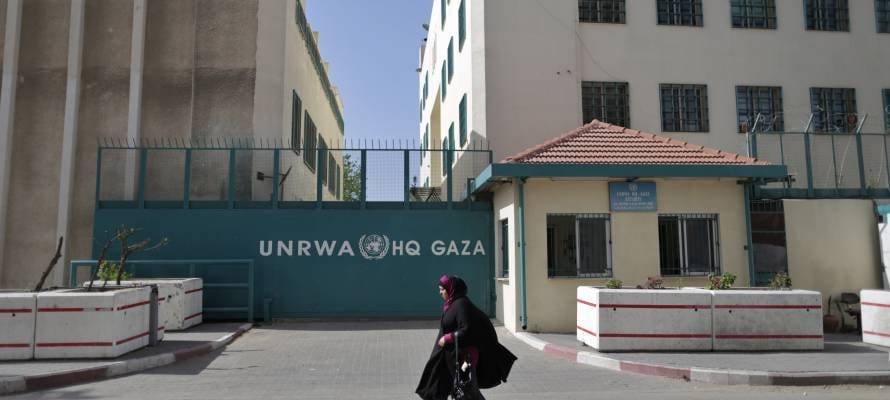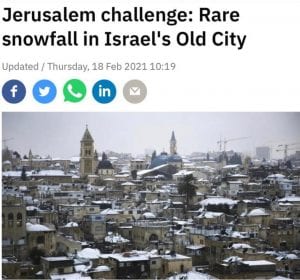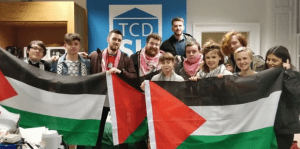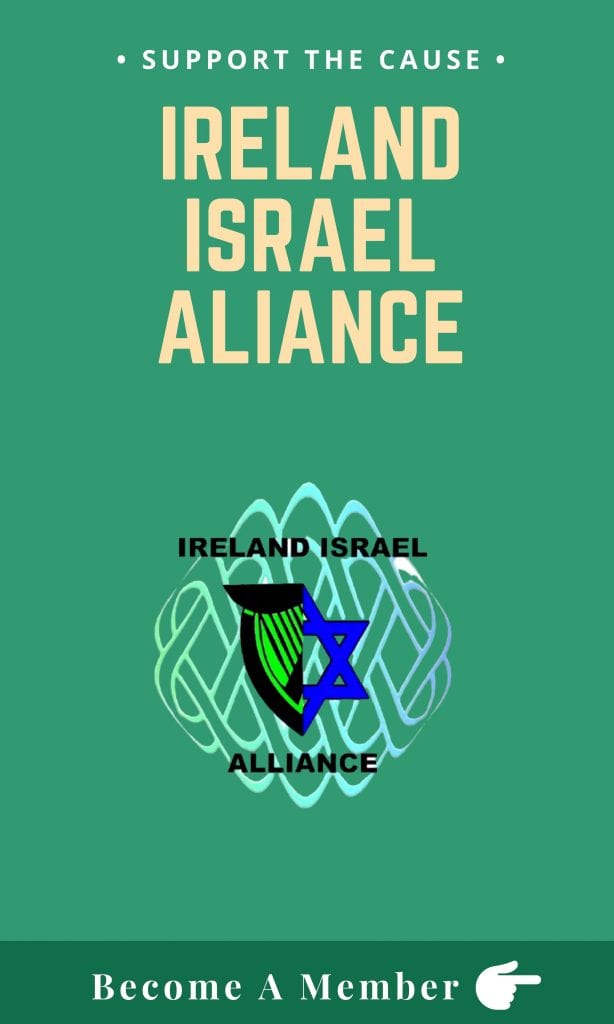Irish Foreign Minister Simon Coveney is in need of some new advisers.
The current ones, insofar as Middle East policy is concerned, are stuck somewhere in the mid-1990s, operating on old assumptions that fail to keep up with developments in the region. Minister Coveney’s latest move is to announce this week an increase of 20%, that is €5 million, in Ireland’s aid funding to UNRWA in 2019. This is justified on the grounds of an apparently ‘increased demand’ for the services of the UN agency to 5.4 million ‘vulnerable Palestinian refugees’.

Yet more than a third of this amount has been pumped into the Arab-ruled parts of the West Bank and Gaza – an area slightly larger than Ireland’s County Mayo!
Both areas are plagued by poor infrastructural development, financial corruption, huge and conspicuous disparities of wealth and a complete lack of democracy. Hamas has poured (literally) millions of dollars worth of concrete into the building of attack tunnels under the border with Israel.
The two factions are united only in incitement of their populations to hatred of Israel, educating their children to look forward to its demise and doling out ‘pay for slay’ life stipends to the families of ‘martyrs’ who succeed in killing Jews. In other words, the money thrown at UNRWA serves to perpetuate the problem, not solve it, while doing little to improve the lives of ordinary Palestinian Arabs.
It also contrasts sharply with the position of the 900,000 Jewish refugees expelled from Arab lands after 1947 who have long since been assimilated into their host societies.
Recent events show that other Arabs in the region have grown tired of the self-destructive policies of the Palestinians. As far back as 2000, during the Camp David talks that led to the Clinton-Barak offer of statehood to Yasser Arafat, the Saudi ambassador to the US Prince Bandar bin Sultan was heard to say: “If Arafat does not accept what is available now, it won’t be tragedy, it will be a crime”. Sure enough, the crime and tragedy of the second Intifada followed on Arafat’s rejection of the deal.
This week in Bahrain, on the sidelines of the Mideast Economic Conference where the latest $50 billion US economic plan for the Palestinians is being discussed, Jewish attendees were able to take part in a prayer service at a synagogue reopened by the authorities in 1995. Although that Gulf state does not (yet) have diplomatic relations with Israel, its foreign minister, in an unprecedented interview on Israeli TV, said: “Israel is part of the heritage of this whole region, historically. So, the Jewish people have a place amongst us”.
by Dermot Meleady




